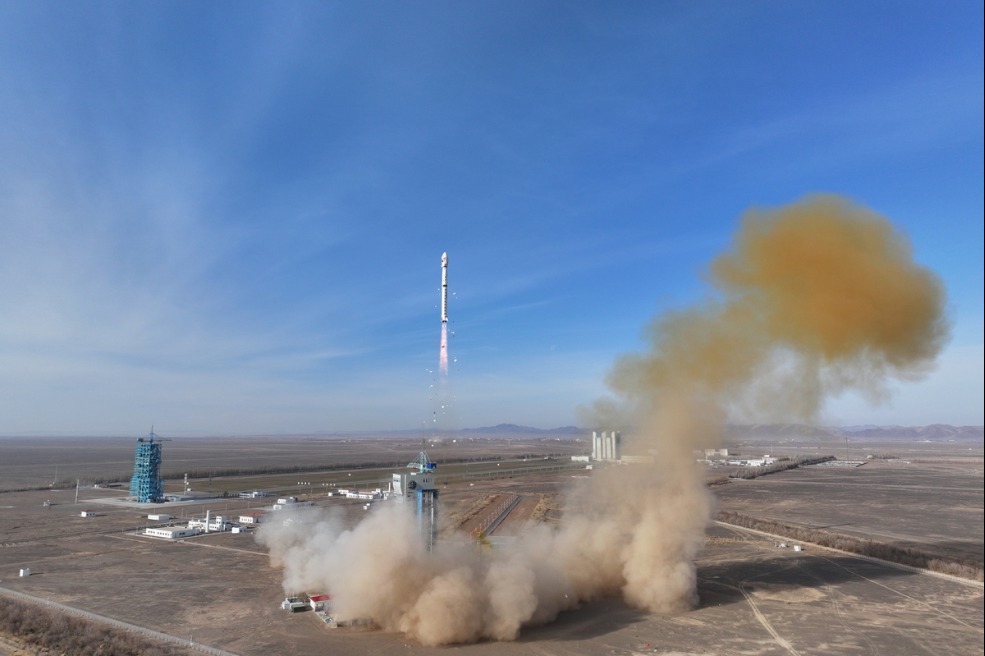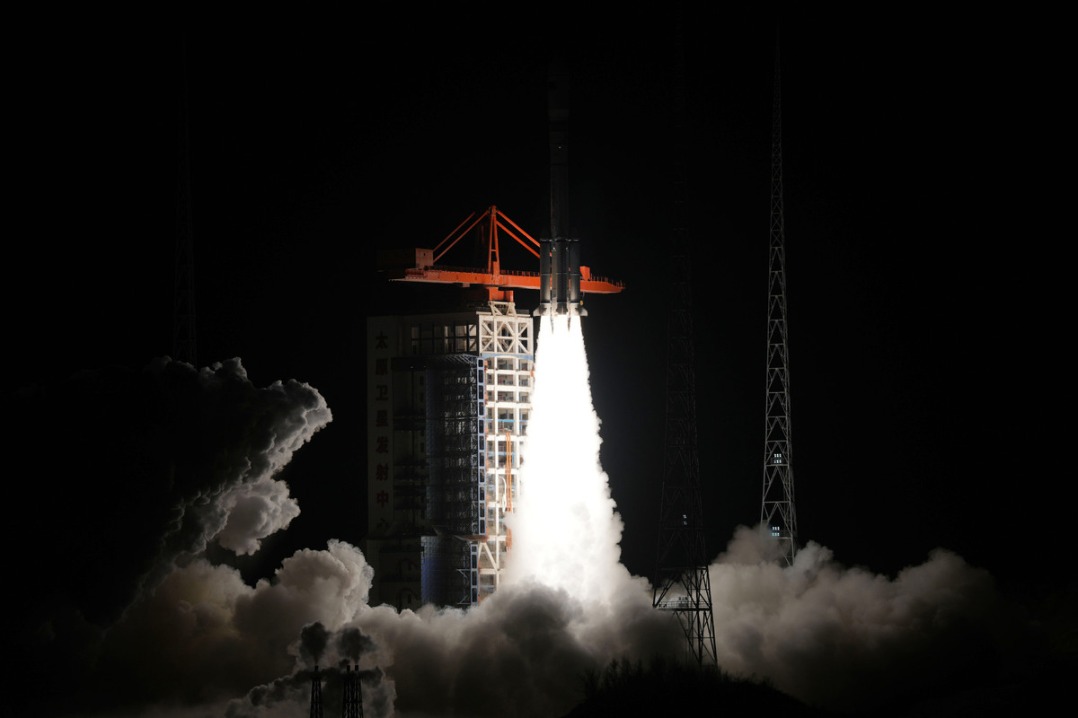Right price holds key to battle against cancer

Charges in the spotlight after screening of hit movie Dying to Survive

For Zhi Xiuyi, a professor specializing in lung cancer at Xuanwu Hospital, Capital Medical University, in Beijing, what matters most for patients' survival is not only the effectiveness of the drugs available, but their prices.
"Such drugs are usually very expensive, and I have seen patients having to sell their houses or farmland for treatment," said Zhi, who has worked as a surgeon for more than 30 years. "In some cases, patients from impoverished regions, such as parts of Yunnan province, may just give up treatment."
Zhao Ping, president of the Cancer Foundation of China, and former president of the Cancer Hospital at the Chinese Academy of Medical Sciences, said that in general, antineoplastic drugs - which are used in chemotherapy to kill cancer cells-are more expensive in China than in other countries, due to many reasons, including higher customs tariffs and value added taxes.
Lung cancer is one of the most common but deadly forms of cancer in China. It claimed 700,000 Chinese lives last year, a year-on-year increase of 26.9 percent, according to Zhi, who is also chairman of the Chinese Lung Cancer Union.
For example, the price of Gleevec - which is commonly used to treat leukemia - in China is higher than in most other countries, and is more than twice as high as in Australia, according to media reports.
Zhi said one of the key causes for the high prices of drugs sold at hospitals is that the various links in distributing the drugs are all profitmaking. As a result, a drug sold at a hospital could cost 10 times the original price from a pharmaceutical company.
"The many links during the distribution of a drug, on the way from the pharmaceutical company, dealers and to the hospital, contribute most to the high prices," he said.
Cancer drug prices have been in the spotlight with the screening of the hit movie Dying to Survive, which is based on real events highlighting the dilemma faced by a group of leukemia patients in China.
On Thursday, media reports said Premier Li Keqiang had again urged government departments to speed up efforts to reduce the prices of antineoplastic drugs in China to answer appeals from cancer patients. This followed heated public debate after the movie was screened.
In the movie, the patients have to rely on a smuggled generic drug from India, as they cannot afford the imported patent medication.
Li said, "Appeals from patients with severe diseases such as cancer that they cannot afford, cannot wait, or have no access to life-saving imported drugs have highlighted the urgency to reduce the prices and ensure supply of the drugs.
"Government departments must hurry to carry out related measures decided by the State Council executive meetings, and speed up the process if possible."
The National Health Commission said in an interview earlier this month that a major cause for the high prices of antineoplastic drugs is the high development and research costs involved.
Due to limited funds collected for the government's basic insurance programs, it is also difficult to meet all individual demands for such drugs from some cancer patients, resulting in heavier financial burdens for them, the commission said.
Other factors, such as repeated diagnosis and treatment, and prolonged life of cancer patients, also contributed to increased spending by patients, the commission added.
- Global leaders plant Juncao grass, symbolize China ties
- China issues wanted notices of 100 telecom fraud fugitives
- Top courts demand severe penalties in grassroots corruption cases
- China launches new remote sensing satellite
- China targets 100 fugitives tied to cross-border fraud rings
- Former executive of Chinese financial firm executed for bribery



































